Futbol Club Barcelona commonly known as Barcelona and familiarly as Barça, is a professional football club based in Barcelona, Catalonia, Spain. Founded in 1899 by a group of Swiss, English and Catalan footballers.
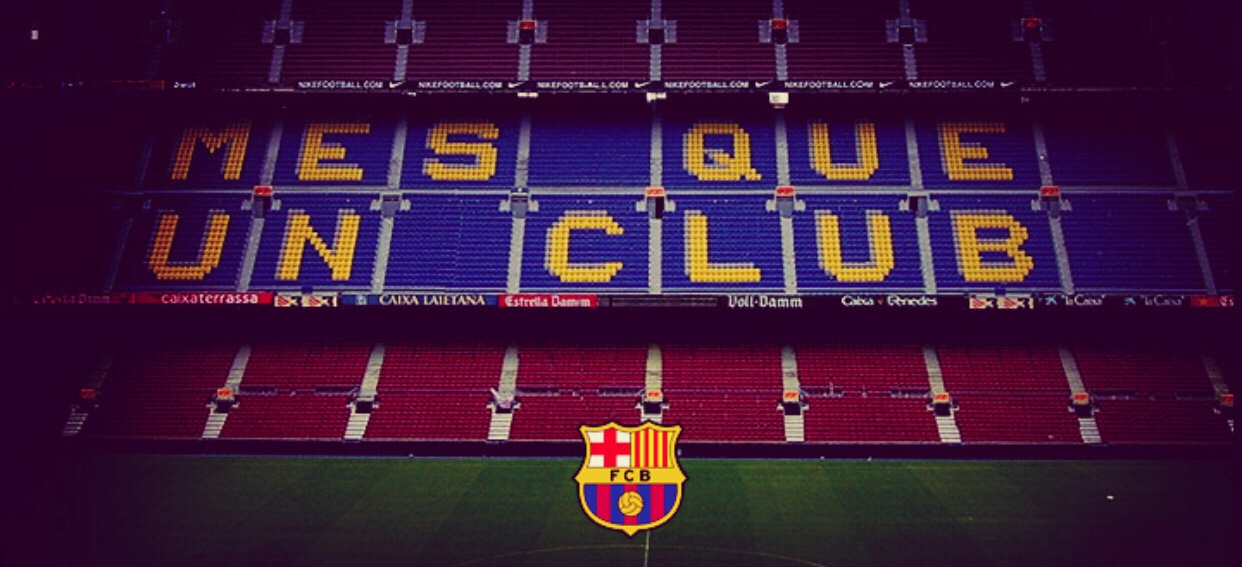
Unlike many other football clubs, the supporters own and operate Barcelona. It is the second most valuable sports team in the world, worth $3.56 billion.
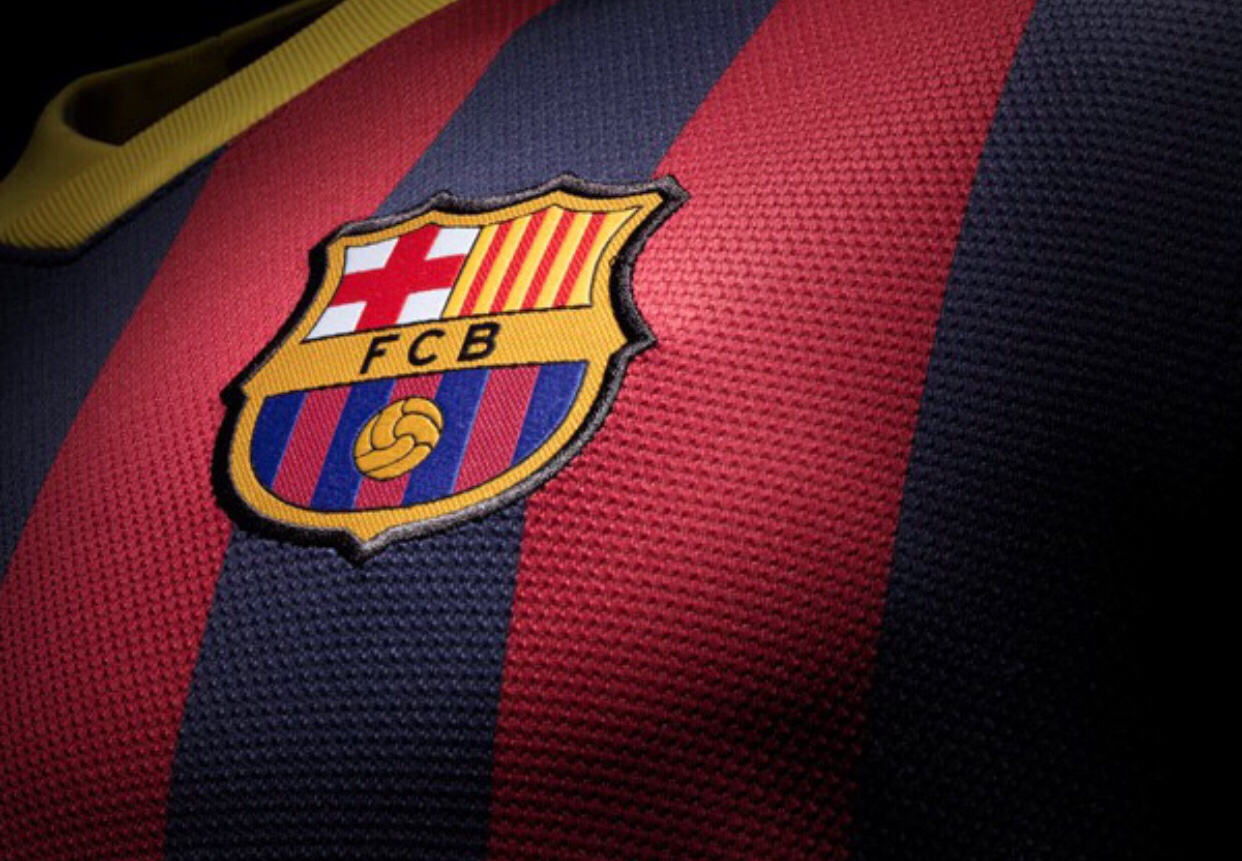
Barcelona has won 24 La Liga titles, 29 Copa del Rey, 12 Supercopa de Espana, 3 Copa Eva Duarte, 2 Copa de la Liga and 5 UEFA Champions League trophies.
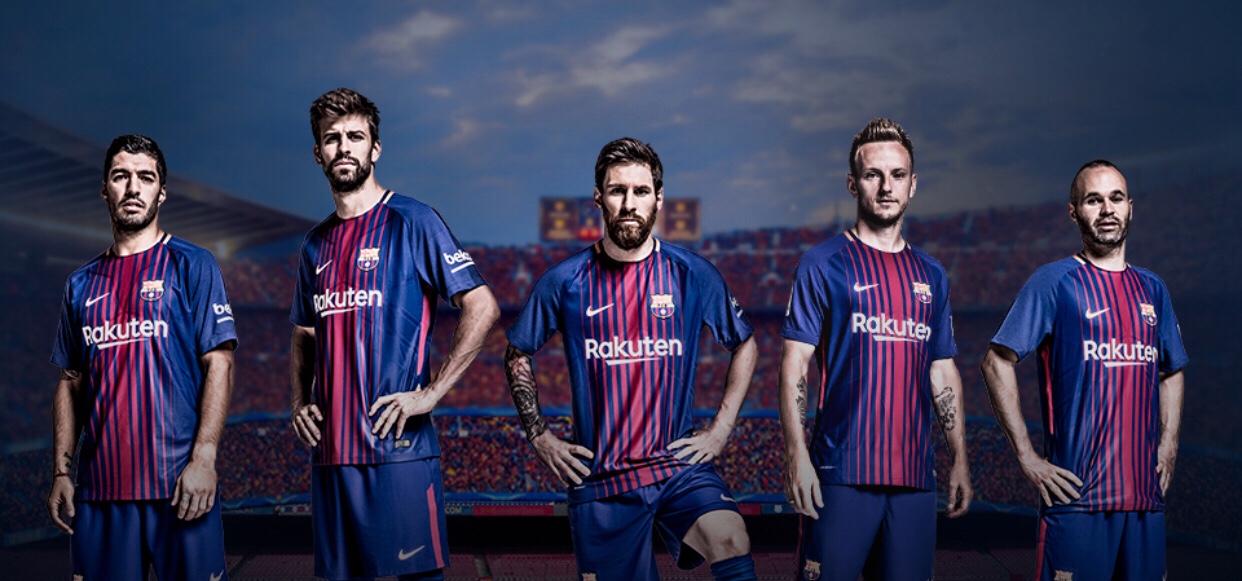
I am Member of FC Barcelona, since I have always spported this team. I loved the way the club refused sposnorships and commercials on the team short for decades due to proudness over the club and values. Like another favourite club, Bayern Munich, Barca had also always been good at keeping old players in the club as ambassadors, mentors, coaches and culture carriers.
When Johan Cryuff took the Ajax school of football to Barcelona something beautiful happened. A new sport was created. Football like we never had seen before. My kind of football.
The Accenture Technology Vision 2018, is the companys’s annual tech trends report.
People have talked for the last few years about the accelerating pace of technology change, and the same drivers continue: compute, storage and network are asymptotically approaching zero – at a rapid, exponential pace. It’s easy to become ‘numb’ in the face of the dazzling technology innovations.
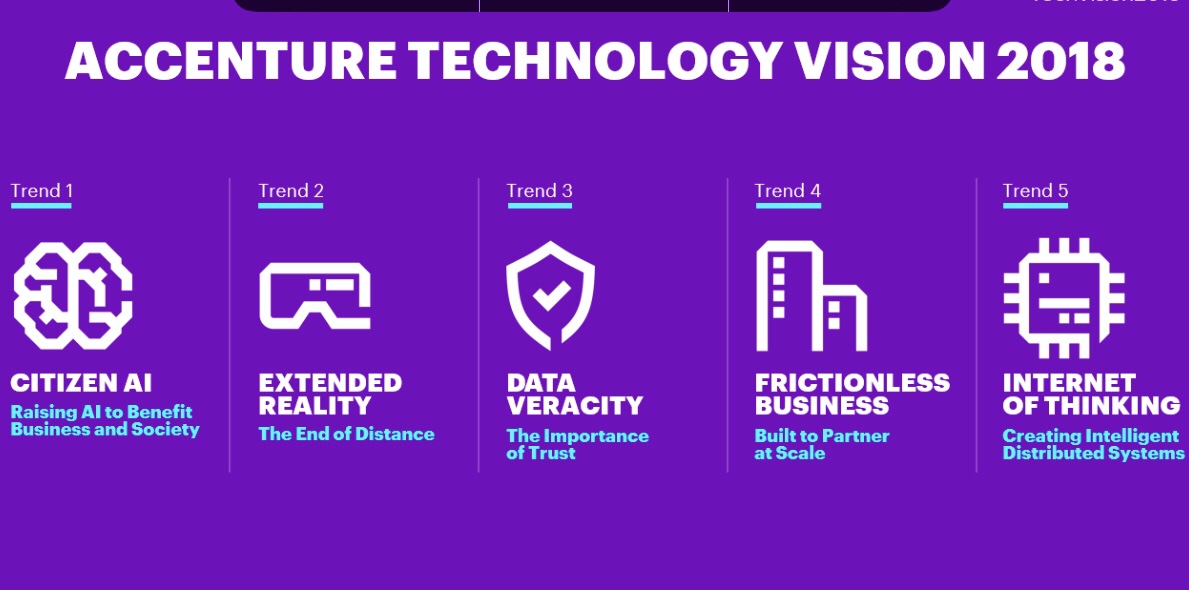
However, 2018 reflects a real pivot point in our use of technology. What’s new is that we’ve moved from era where technology was a ‘peripheral’, ‘product’ or ‘accessory’, to an era where technology is at the core of our human experience, embedded into our daily lives. For example, a recent study revealed that four in 10 Americans would rather lose their voice for a day than lose their phone for 24 hours. And 41 percent of people surveyed said they would be literally lost and wouldn’t be able to navigate without the GPS function on their mobile phones. From the apps and devices we use to the systems that connect us to products and services, technology has become pervasive (some will also say invasive), fundamentally reshaping how we live and work.
As a result, this year Accenture is seeing a new imperative for leaders and enterprises to think and act differently, shifting their mindsets and business models to unleash the potential of the intelligent enterprise and usher in new levels of differentiation and growth. Accenture has identified three characteristics that these intelligent enterprises share:
1 Innovation: A systematized approach to continuous innovation.
2 Technology: Mastery of technology throughout the enterprise, with the understanding that every company is a tech company (whether they know it or not).
3 Trust: A focus on building trusted relationships with employees, customers and partners to ensure an ongoing reciprocal exchange of value.
Pioneering organizations are realizing that this level of connection—and this degree of trust—will require a new type of relationship – with customers, employees, citizens, business partners. It’s how leaders will redefine their company, based on the company they keep.
Amazon’s evolution is a great example. Years ago, Amazon pioneered an innovative recommendations engine, giving you highly personalized recommendations. Then it invented Kindle, bringing you content instantaneously. Next it created Prime, delivering you needed products overnight. Next came Amazon Alexa, an in-home personal assistant, and now they’ve introduced Amazon Key, which allows a delivery person into your home to leave packages inside. Think about that for a minute – consumers allowing Amazon to directly enter their homes. This level of trust is a hallmark of the age we are moving into. And it is a hallmark of the intelligent enterprise.
The Accenture Technology Vision 2018 identifies five technology trends that, individually and collectively, form the foundation of the intelligent enterprise:
The report has a wealth of survey data, examples and insights that can be summarized in three key implications for leaders:
• Create your own Innovation Architecture to continuously harvest, pilot and scale innovation rapidly and effectively.
• Build your intelligent enterprise by adopting the five trends to pioneer new experiences, and new services, for your customers.
• And in the course of doing this, adopt a mindset to Reimagine and Reinvent your business.
Source: Paul Daugherty, Chief Technology & Innovation Officer at Accenture
Smart frontier under scrutiny in talks to put legal wrapper around political fudge.
I was interviewed by Financial Times the other day on how to handle Customs processes pot-Brexit. The interview was included inbthis article published esröier this week in FT.
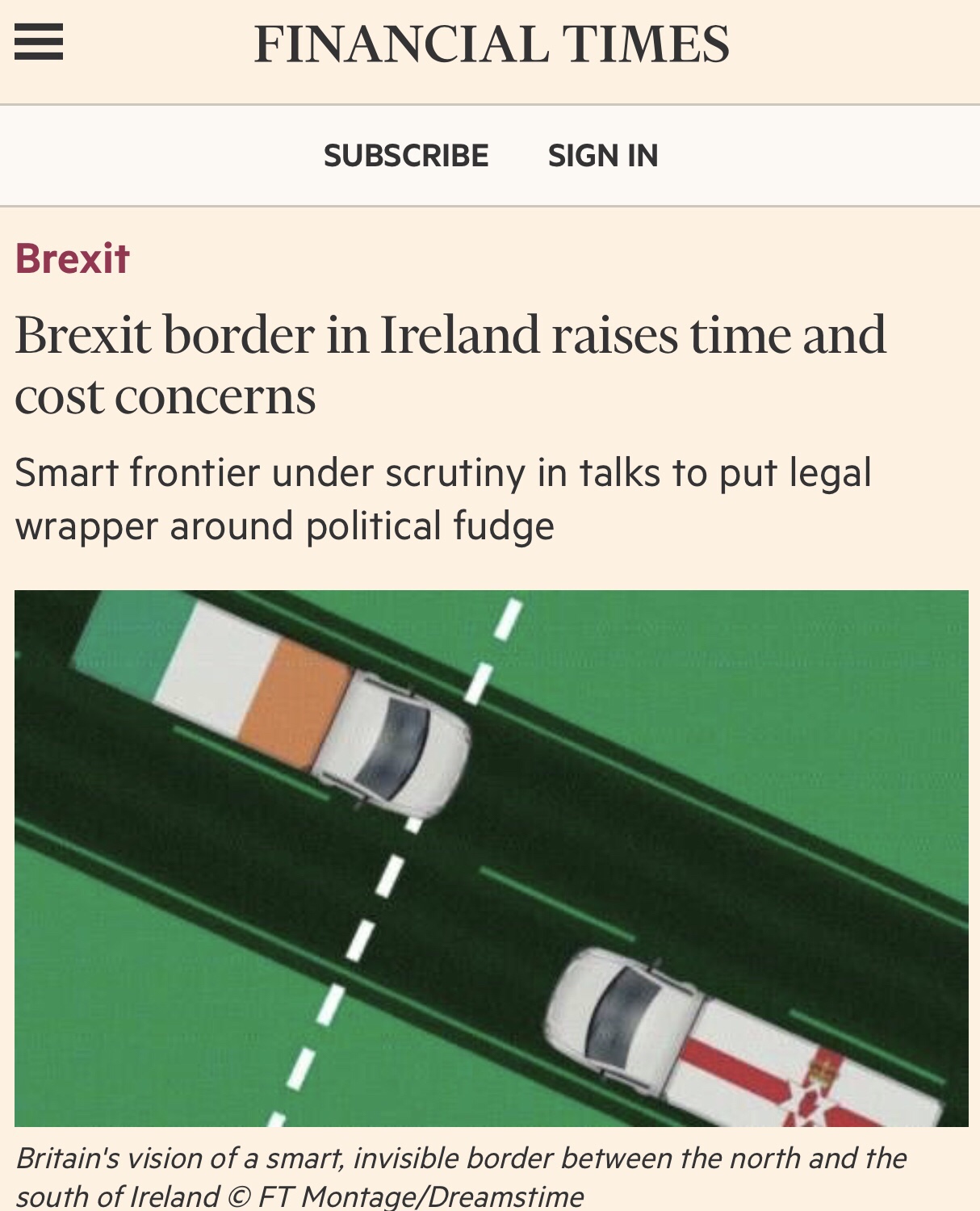
My point is that it is possible, within interntional law and standards, in combination with upgraded versions of exisiting operational best practices and texhnology to crete a solution that works on the UK borders post-Brexit without resulting in queues and traditional border stops.
You can read the article here: FT: Brexit border in Ireland raises time and cost concerns






You must be logged in to post a comment.